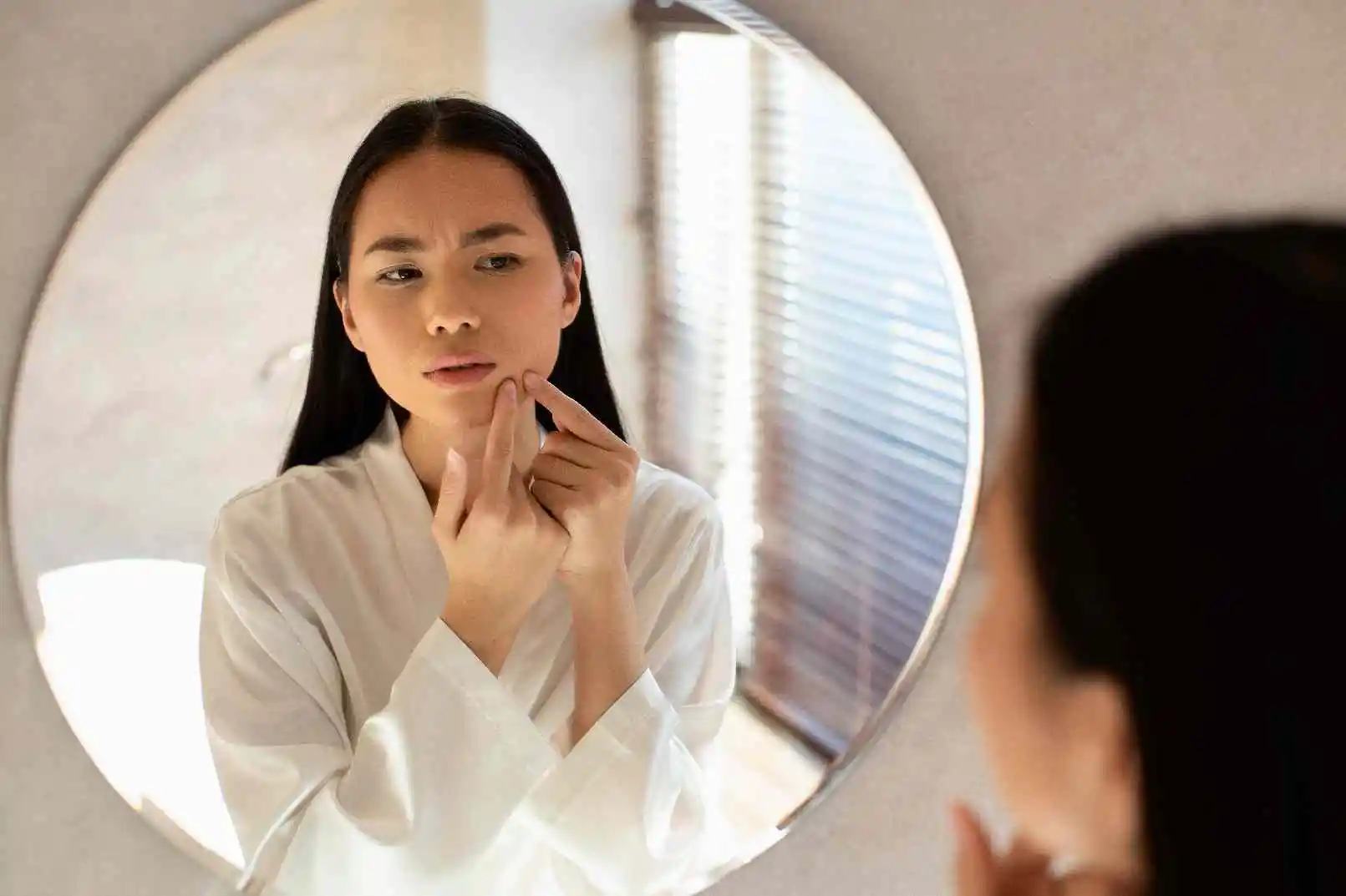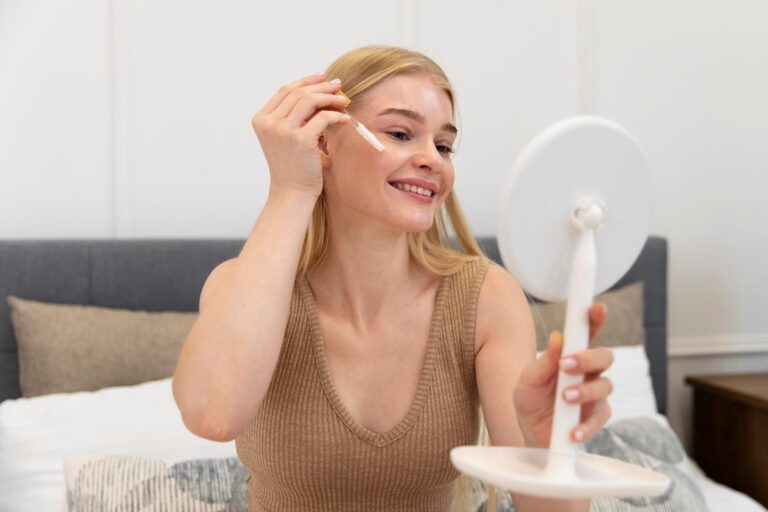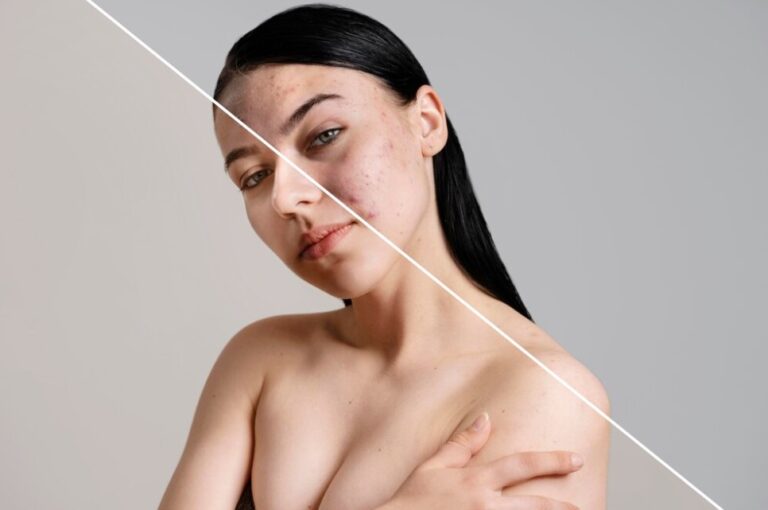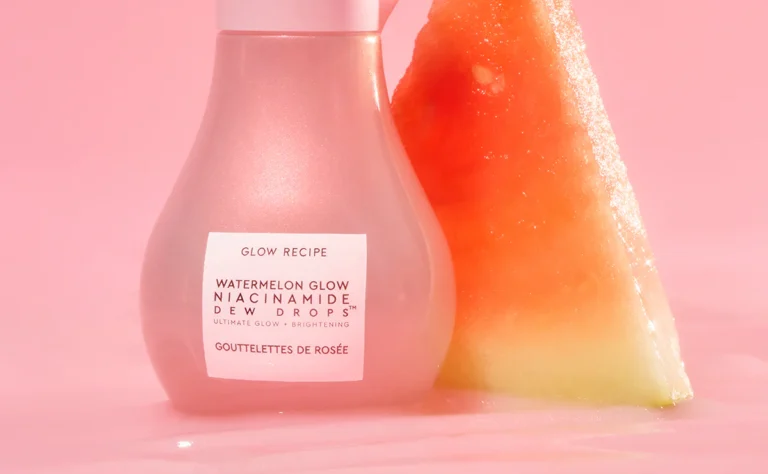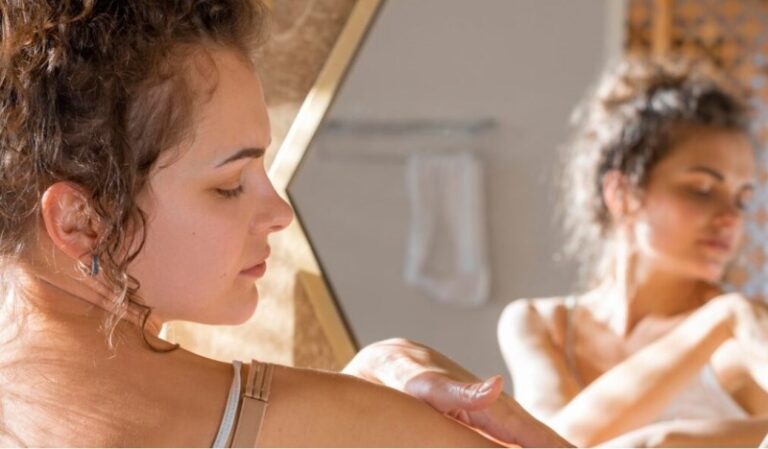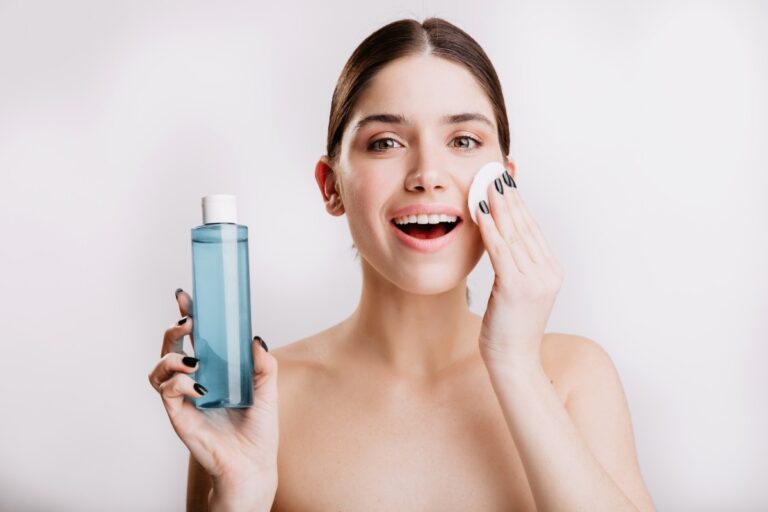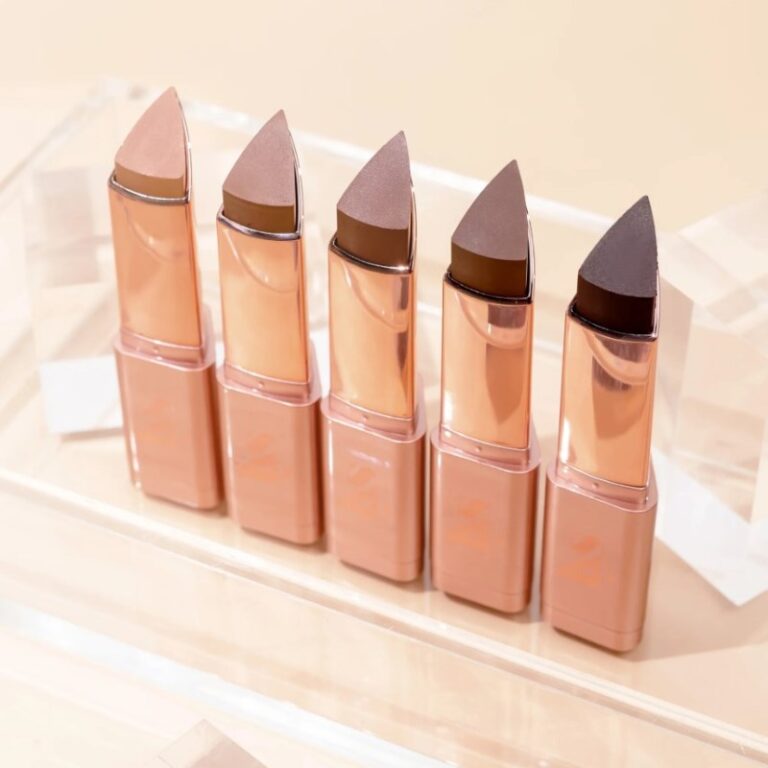Natural Acne Treatment for Oily Skin
Be it your teenage years or well into your adulthood; you may have to deal with a difficult skin type or bouts of acne, or worse, both. Our hormone levels are constantly fluctuating, and that is what causes acne and excessive sebum production. The occurrence of both simultaneously is very common, as one causes the other.
It may feel like you’re stuck in an endless cycle from a very young age, but there are ways to minimize it. You can find many things in your kitchen or medicine cabinet that can be the next addition to your skincare routine.
List of Natural Acne Treatments That You Can Use for Your Oily Skin:
Here is a list of the natural substances that you can easily find that help you control your acne and oiliness of your skin:
1. Tea Tree Oil
Tea tree oil is an age-old remedy used for several skin problems. It is derived from the leaves of the Australian tea tree. It is a powerful antimicrobial and anti-inflammatory product. It is used as an anti-septic in acute wounds as well. Its unique properties are why it has been used for natural acne treatment for centuries. Research also suggests that tea tree oil products significantly improve mild to moderate acne1. Tea tree oil contains a compound called terpinen-4-ol that has been proven to kill acne-causing bacteria.
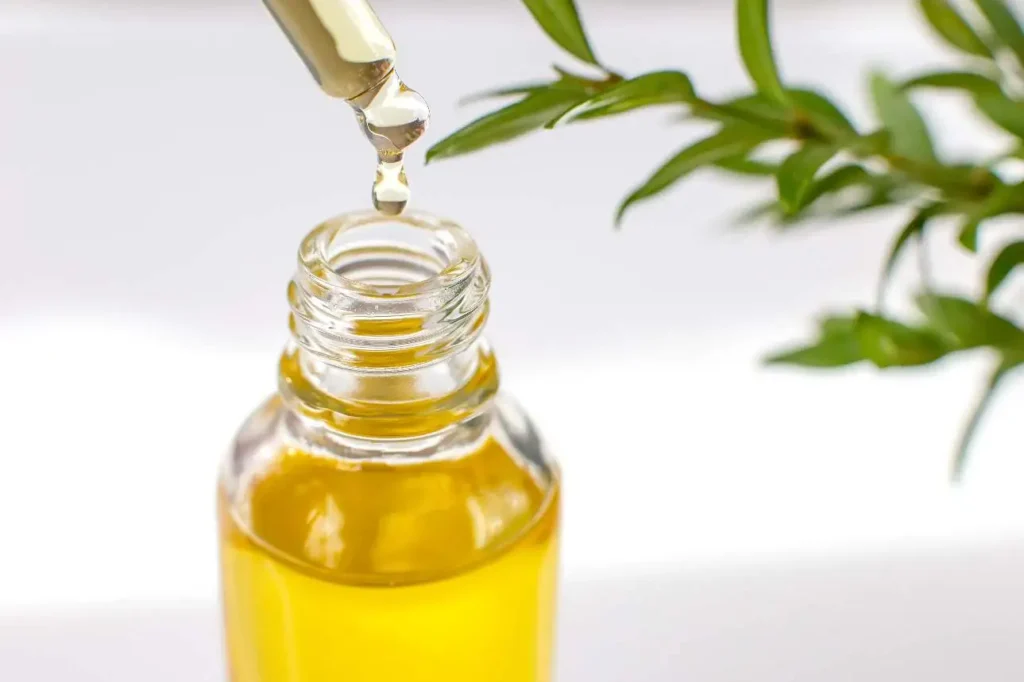
Let’s dig a little deeper. Oily skin may clog your pores, resulting from unnecessary production of natural oils. Tea tree oil tends to dehydrate the pimples and the skin around it when put on a problematic area. This is because it is also an astringent, which is something to look for if you have oily skin and acne. To avoid side effects, it is advised to dilute it in a carrier oil and then apply it on the skin. The dilution ratio depends on whether you will use it as a spot or an all-over treatment. Regardless, a 5% concentration is generally recommended.
2. Aloe Vera
The famous aloe vera plant holds the magic ingredient of many products. Aloe vera gel is famously used as a skin treatment. It is also known to aid in digestion, detoxification, and acidity when ingested. In skincare, it is used as a remedy for medically diagnosed psoriasis and as an everyday moisturizer. This is how it works for acne: it has anti-inflammatory and antibacterial properties2. It reduces the redness and irritation that commonly accompanies acne breakouts. This is because of the ingredient called acemannan. It also contains salicylic acid, a beta-hydroxy acid that exfoliates the skin.
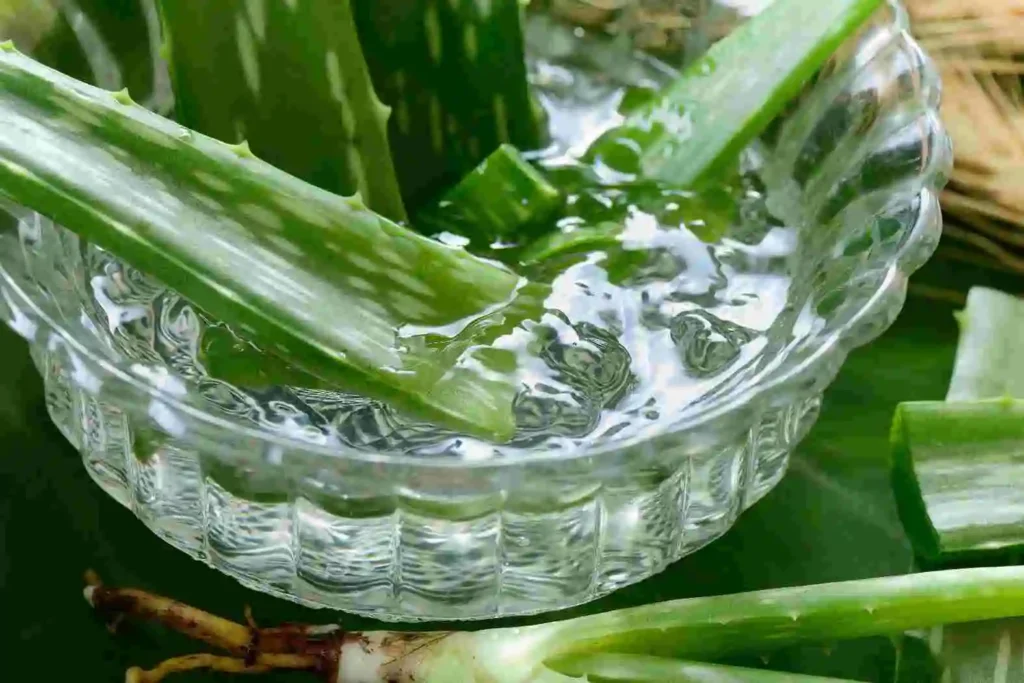
There is more: it is also a natural astringent. It helps to remove excess oil without completely dehydrating the skin. It also promotes the skin barrier, which normalizes your skin type. Aloe vera gel is best when used fresh, right after extraction. You can apply it directly onto your skin or blend it with different ingredients like turmeric for more benefits.
3. Turmeric
You may know of turmeric as a flavourful spice used in everyday food, but do you know that it’s also a popular natural acne treatment? It is an antioxidant as well. It also has anti-inflammatory and antimicrobial properties3. Curcumin, the active turmeric compound, inhibits bacterial growth and reduces the frequency of acne bouts. Because of its antioxidant properties, it promotes healing and prevents acne scarring.
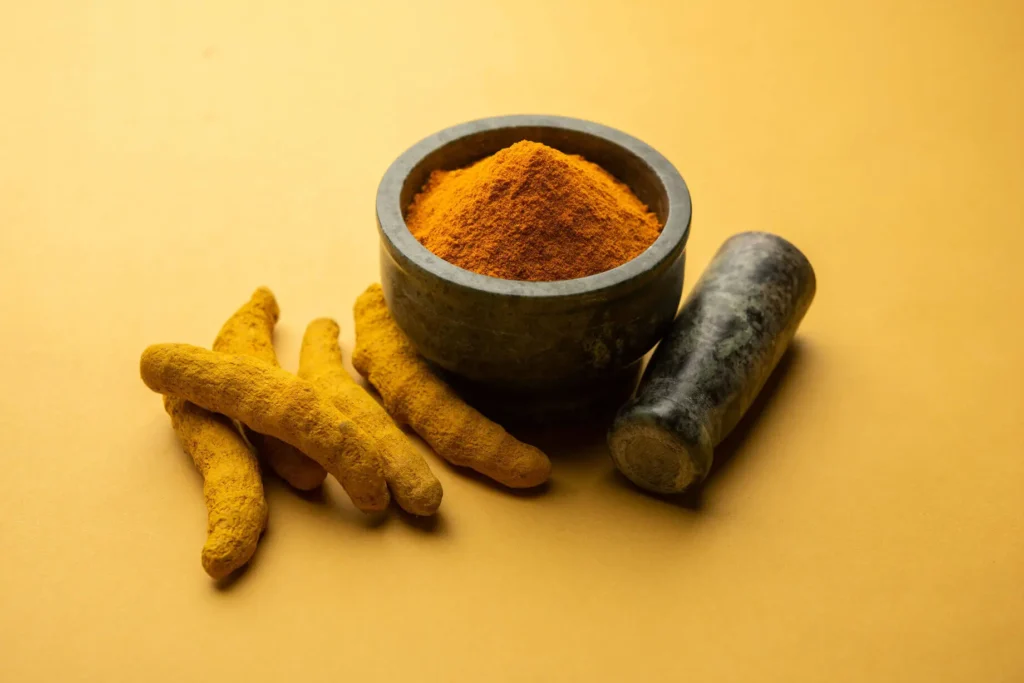
Consistent use of turmeric can regulate oil production, which benefits both oily and acne-prone skin. However, turmeric can stain the skin for several days so you should be careful of the time you keep it on your skin. It works best when left on the skin for 15-20 minutes and then rinsed with water. Start applying it 1-2 times a week, then increase it thrice weekly.
4. Apple Cider Vinegar
Apple Cider Vinegar is made from fermented apple cider. It’s known to kill the bacteria that cause certain kinds of acne 4. It has antibacterial, anti-aging and astringent properties. It also neutralizes the skin’s pH levels, which helps regulate the skin barrier and reduce sebum production. Suppose you’re looking for something natural to incorporate into your skincare routine. In that case, a few options will be better than the contents of one of the most commonly found fruits in the world, and, using it, you’ll be able to feel the benefits of the minerals and electrolytes held within its fluids.
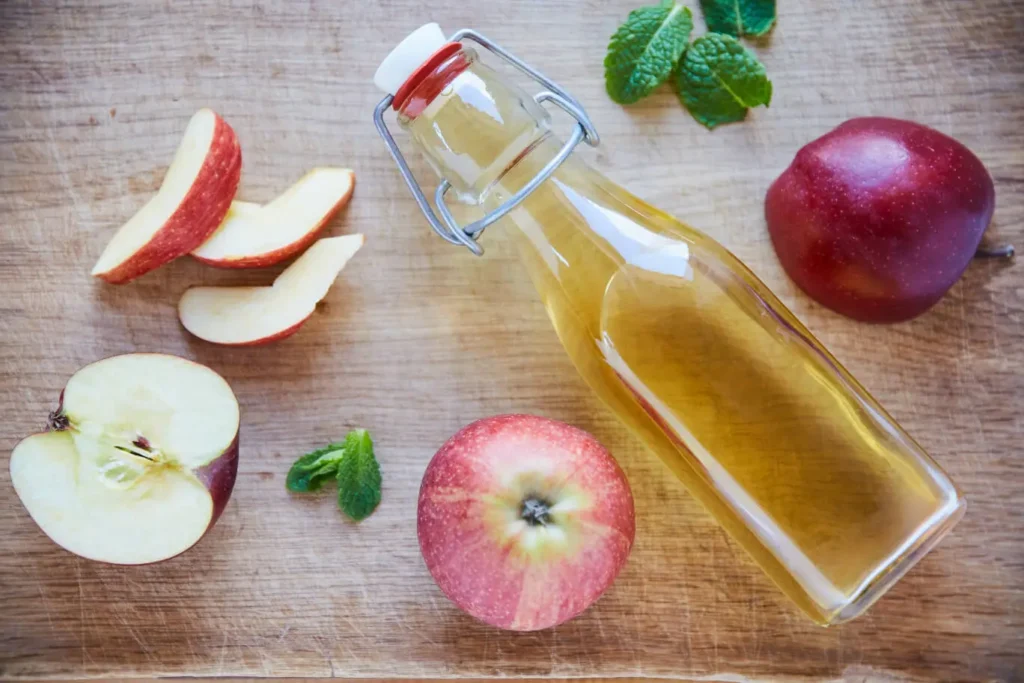
However, its main benefit may be reducing the oil generated by your skin since it balances out your skin’s pH levels, and your body produces less oil as a safety measure. Apple cider vinegar is a treatment that’s been in use for decades and is rightly considered a staple of every natural skincare routine.
5. Witch Hazel
The witch hazel plant has been used in various natural remedies and to add to diets, but its greatest use has been in caring for your skin. The skin and bark of the plant are ground up, and a special fluid is derived from it that contains pH buffers, similar to apple cider. It also tightens the skin of anyone who applies it, which has two main benefits: firstly, your pores will get shrunken and are less likely to get clogged, which is how pimples and zits form, and secondly, shrunken skin produces less sebum, which is the major component of oil produced by the human body.
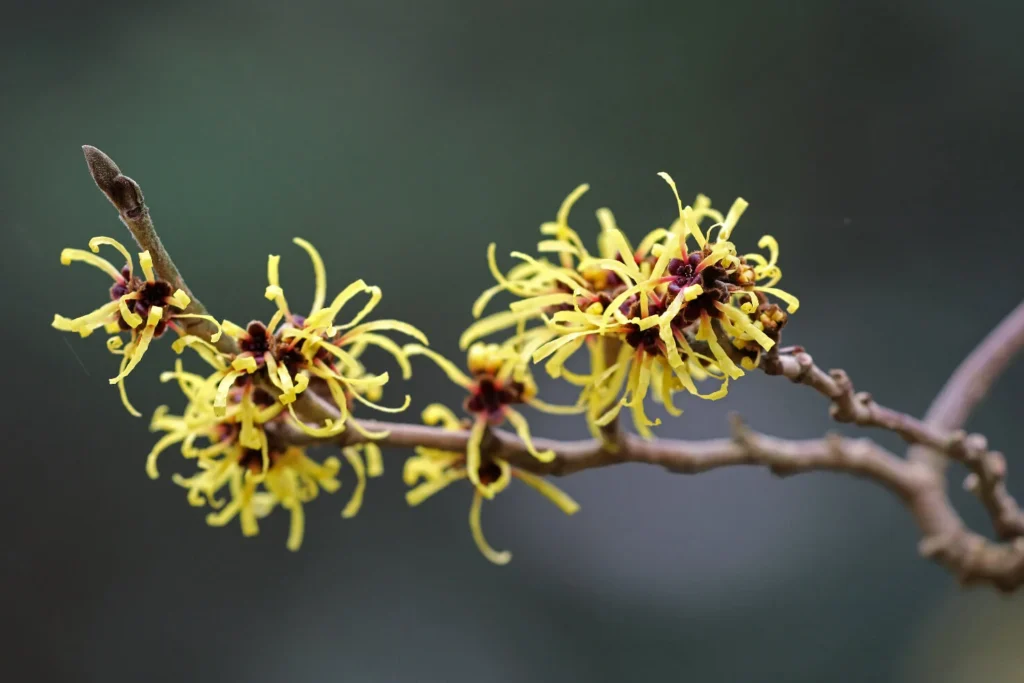
6. Jojoba Oil
Jojoba oil has proven to have high effectiveness as a natural acne treatment with no side effects like irritation and inflammation5. The jojoba plant has incredibly important seeds in skincare for a special reason: once collected and ground up, they can be used to make an oil similar to the one found naturally on our faces. However, there’s one crucial difference here: jojoba oil doesn’t clog pores like normal oil does, which means you’ll get all the benefits of a well-moisturized face and supple skin without risking getting breakouts around the clock.
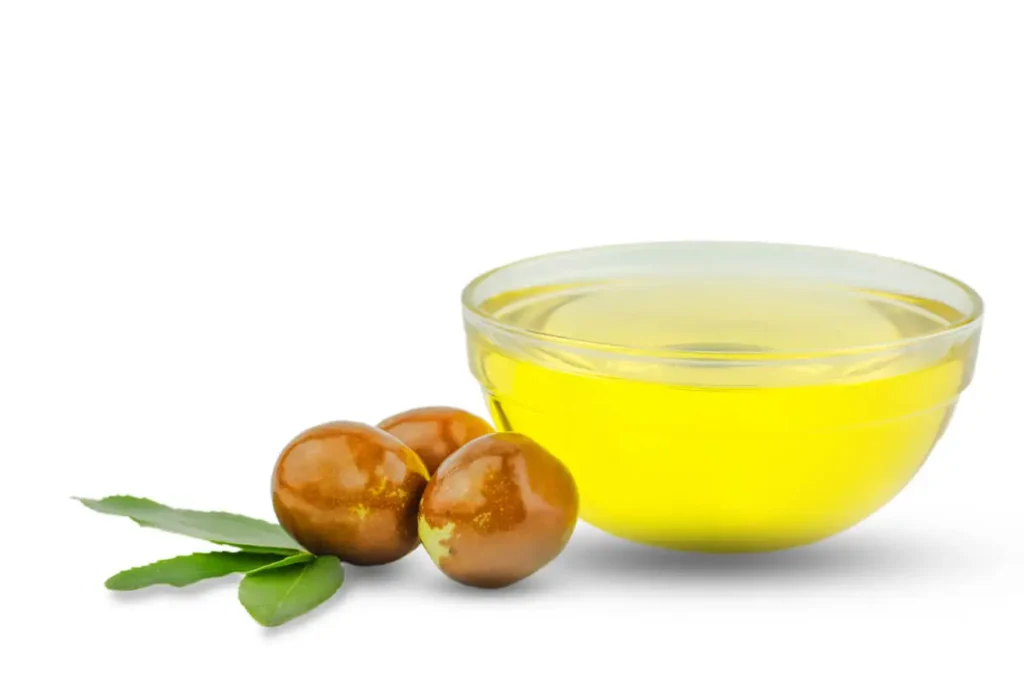
Conclusion:
In conclusion, natural acne treatments can effectively manage oily skin and acne breakouts. The ingredients listed above all have anti-inflammatory, astringent, and antibacterial properties. Natural remedies like aloe vera and tea tree oil are less likely to cause adverse effects even on complex skin types. However, it doesn’t hurt to be careful. All of the separate natural acne treatments may not work for everyone. Hence, doing a patch test 24 hours before applying it to your face is always a good idea. For persistent conditions, it’s advisable to consult a dermatologist to determine the right treatment for you.
References:
1. Harsimran Kaur Malhi, Jenny Tu, Thomas V Riley. (2017). Tea tree oil gel for mild to moderate acne; a 12-week uncontrolled, open-label phase II pilot study.
https://pubmed.ncbi.nlm.nih.gov/27000386/
2. Hongyu Zhong, Xiang Li, Wangi Zhang, Xiaoxiao Shen, Yuanang Lu, Hongli Li. (2021). Efficacy of a New Non-drug Acne Therapy: Aloe Vera Gel Combined With Ultrasound and Soft Mask for the Treatment of Mild to Severe Facial Acne.
https://www.ncbi.nlm.nih.gov/pmc/articles/PMC8175793/
3. Alexandra R Vaughn, Amy Branum, Raja K Sivamani. (2016). Effects of Turmeric (Curcuma longa) on Skin Health: A Systematic Review of the Clinical Evidence.
https://pubmed.ncbi.nlm.nih.gov/27213821/
4. Imam Prabawo, Arifa Shaliha, Oktania Sandra Puspita. (2022). ANTIMICROBIAL EFFECTIVENESS OF APPLE CIDER VINEGAR IN THE GROWTH OF STAPHYLOCOCCUS EPIDERMIDIS AND PROPIONIBACTERIUM ACNES.
https://ejournal.upnvj.ac.id/JRPPS/article/download/4171/1774/20186
5. Heba A, Gad, Autumn Roberts, Samirah H, Hamzi. (2021). Jojoba Oil: An Updated Comprehensive Review on Chemistry, Pharmaceutical Uses, and Toxicity.
https://www.ncbi.nlm.nih.gov/pmc/articles/PMC8197201/
